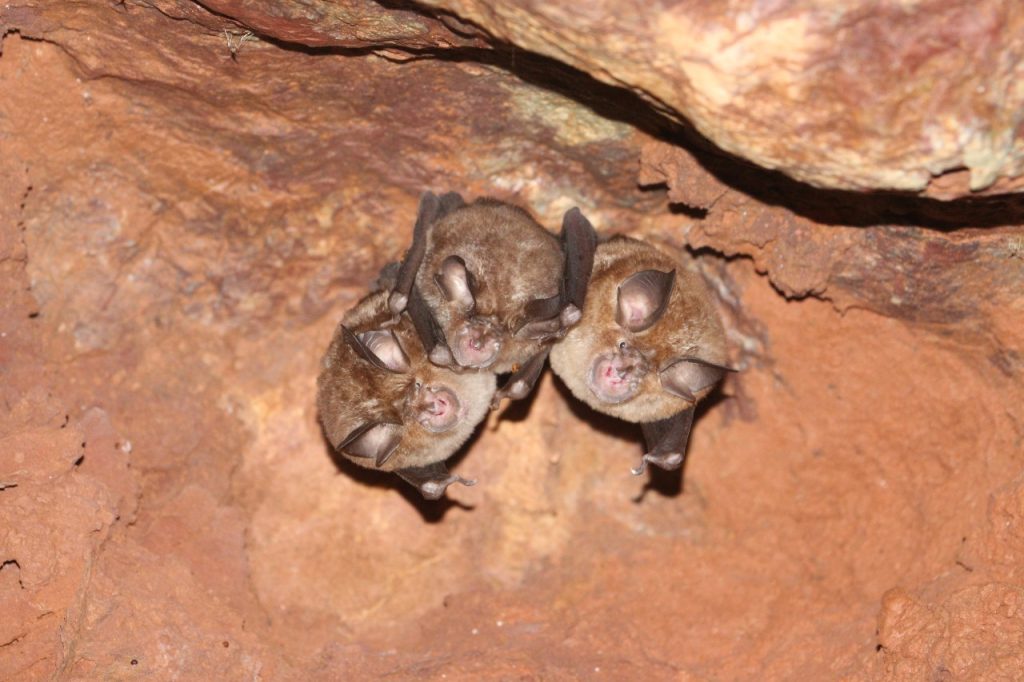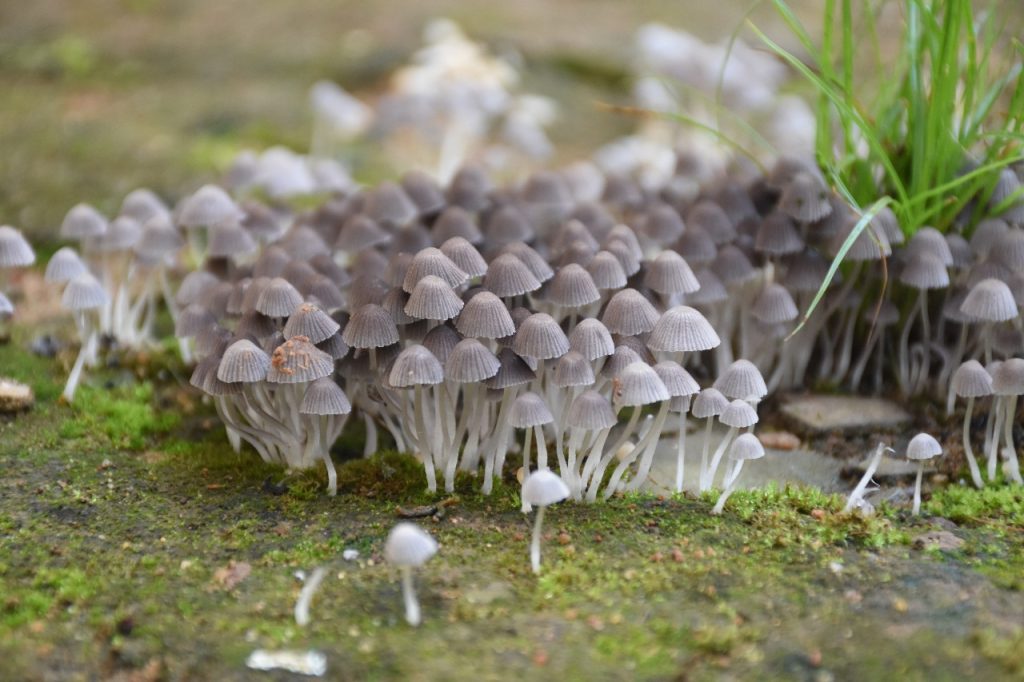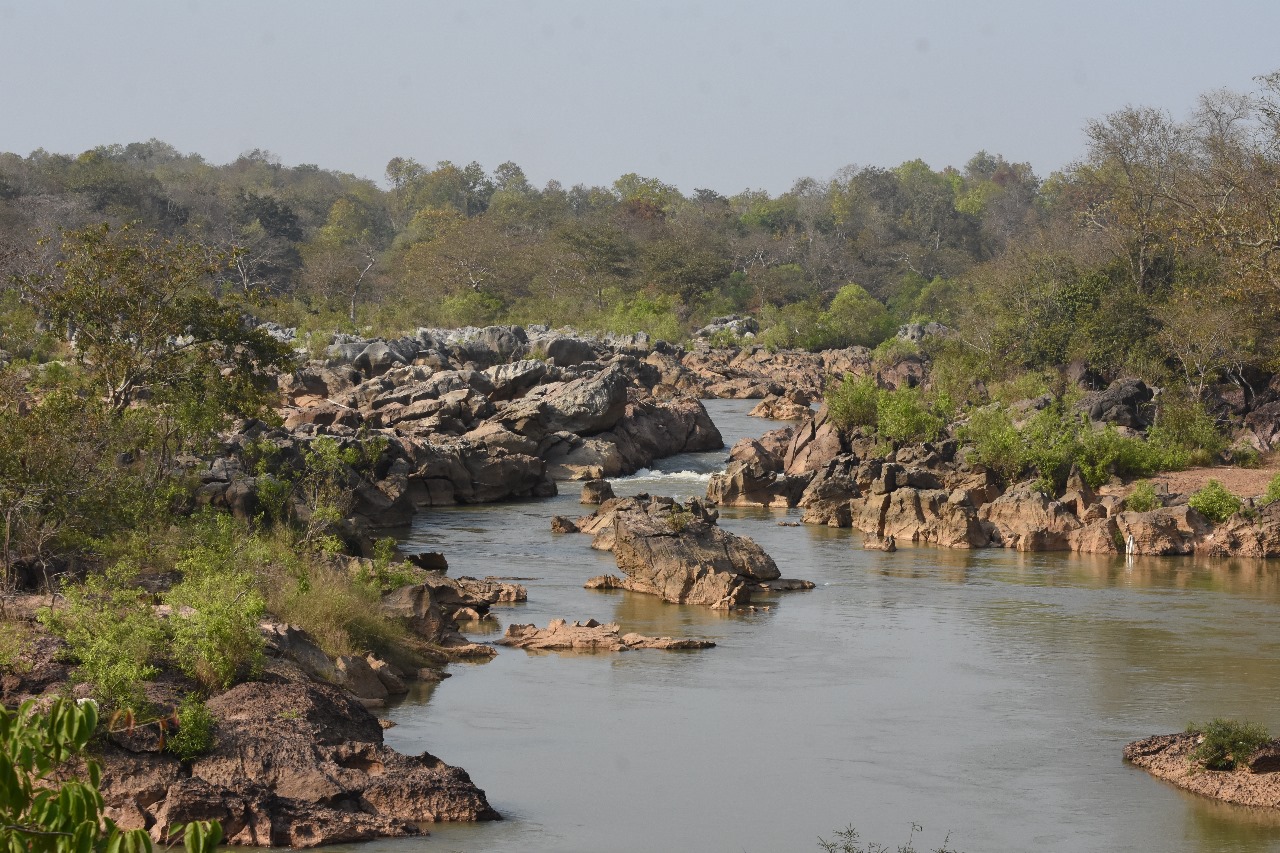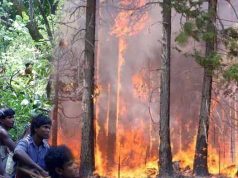Bhubaneswar: The pristine Gupteswar forest, adjacent Forest to Gupteswar Shiva temple in Dhondrakhol reserve forest under Jeypore Forest Division of Koraput district has been declared as the fourth Biodiversity-Heritage Site (BHS) of Odisha.
The State Government issued notification to this effect on the day before last. The site spreads over 350 hectors of demarcated area. Along with its sacred grooves traditionally worshiped by the local community, the site is bestowed with a wide range of flora and fauna.
Biodiversity inventory and survey conducted by the Odisha Biodiversity Board shows the presence of at least 608 faunal species including 28 species of mammals, 188 species of birds, 18 species of amphibia, 48 species of reptiles, 45 species of pisces, 141 species of butterflies, 43 species of moths, 41 species of odonates, 30 species of spiders, six species of scorpion, and 20 species of lower invertebrates.

Significant faunal species like mugger crocodile, kanger valley rock gecko, sacred Grove Bush Frog, and avifauna like black baza, Jerdon’s baza, Malaber trogon, common hill myna, white-bellied woodpecker, and banded bay cuckoo, etc have also been documented.
The limestone caves of Gupteswar are adorned with 08 species of bats out of the total 16 species found in southern Odisha. Among them, two species Hipposideros galeritus and Rhinolophus rouxii are under the near threatened category of International Union for Conservation of Nature.
This site also has a rich floral diversity embracing 182 species of trees, 76 species of shrubs, 177 species of herbs, 69 species of climbers, 14 species of orchids and threatened medicinal plants like Indian trumpet tree, Indian snake root, Cumbi gum tree, Garlic pear tree, Chinese fever vine, Rohituka tree, Jodpakli, Indian jointfir, a number of wild crop relatives of ginger and turmeric. In addition to this, many agriculturally and industrially important microorganisms have also been indicated to exist in this primeval ecosystem.

Declaration of Gupteswar as BHS while boosting cultural attachment of people with this forest will also lead to conservation of its precious biodiversity.
With this declaration, the State now has four BHSs. The other three are Mandasaru BHS in Kandhamala district, Mahendragiri BHS in Gajpati district, and Gandhamardan BHs in Bargarh and Bolangir district.
The State Government has asked the Odisha Biodiversity Board to prepare a long term plan for intensive conservation and development of these sites through direct participation of the local communities. An amount of Rs 35 lakhs have been provided for preparation of action plan and awareness building activities in the localities.
The nature lovers, intelligentsia, and local populace while welcoming such a decision of the Government expressed satisfaction that this forest in long run would add to livelihood of the people through eco-tourism and minor forest produce. Chairperson of the Board Dr. Meeta Biswal, and Member Secretary Dr. Nihar Ranjan Nayak congratulated the bio-diversity management committee of Haladikunda ( Gupteswar ) Gram Panchayat along with scientists and researchers of the Board for this achievement.







